This content is restricted to subscribers
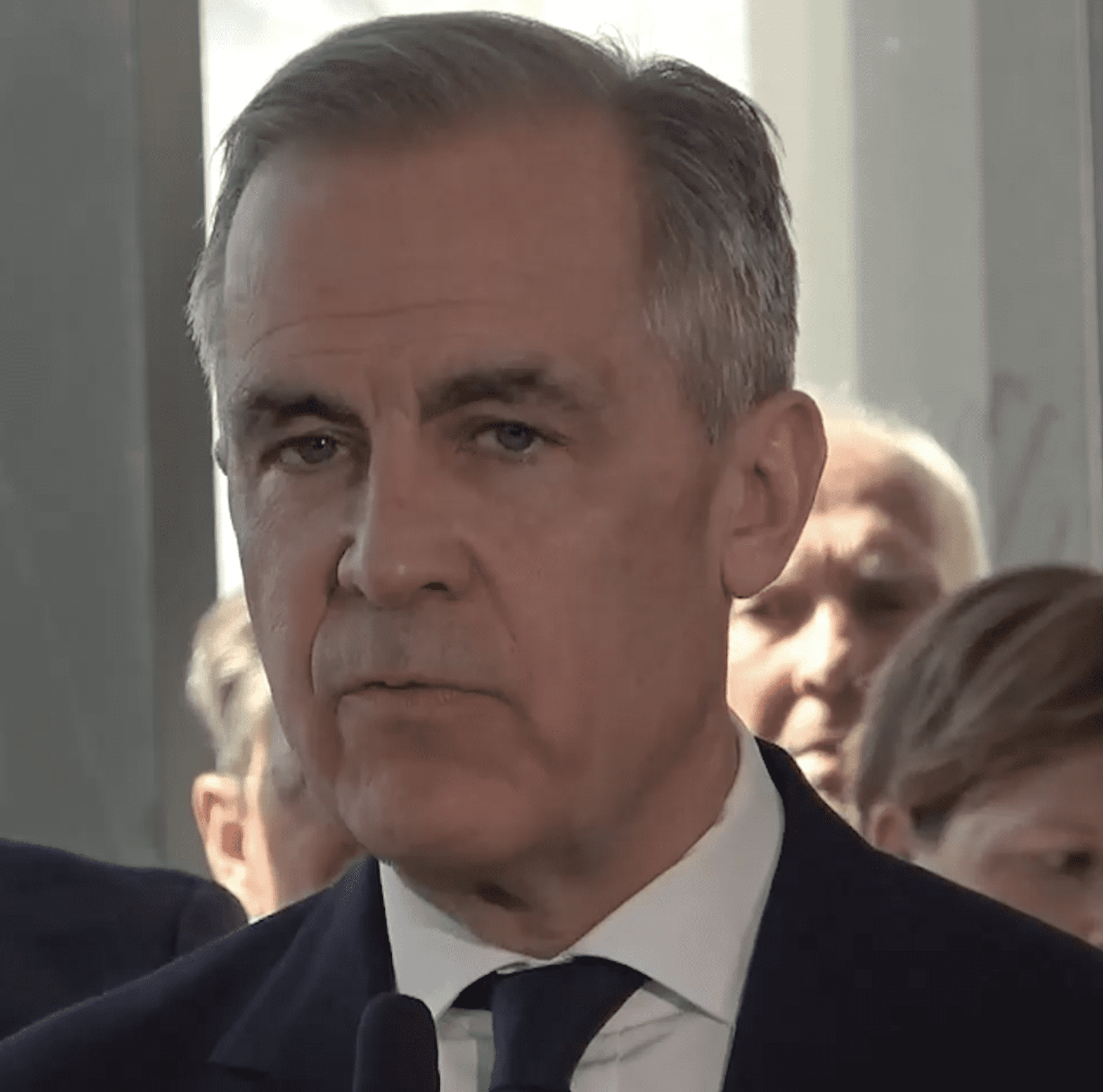
The views, opinions and positions expressed by columnists and contributors are the author’s alone. They do not inherently or expressly reflect the views, opinions and/or positions of our publication.

This content is restricted to subscribers
The views, opinions and positions expressed by columnists and contributors are the author’s alone. They do not inherently or expressly reflect the views, opinions and/or positions of our publication.
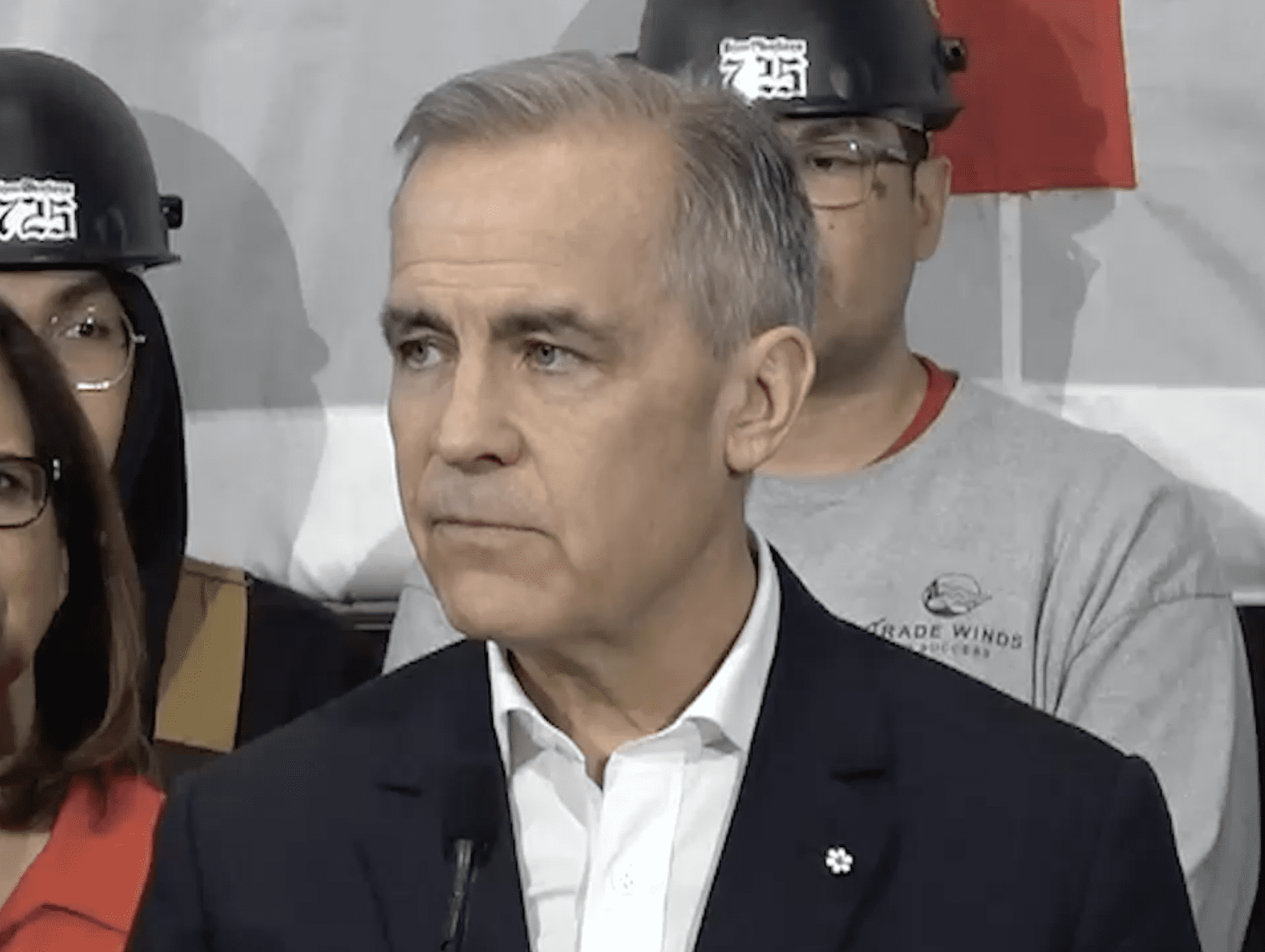
This content is restricted to subscribers
The views, opinions and positions expressed by columnists and contributors are the author’s alone. They do not inherently or expressly reflect the views, opinions and/or positions of our publication.
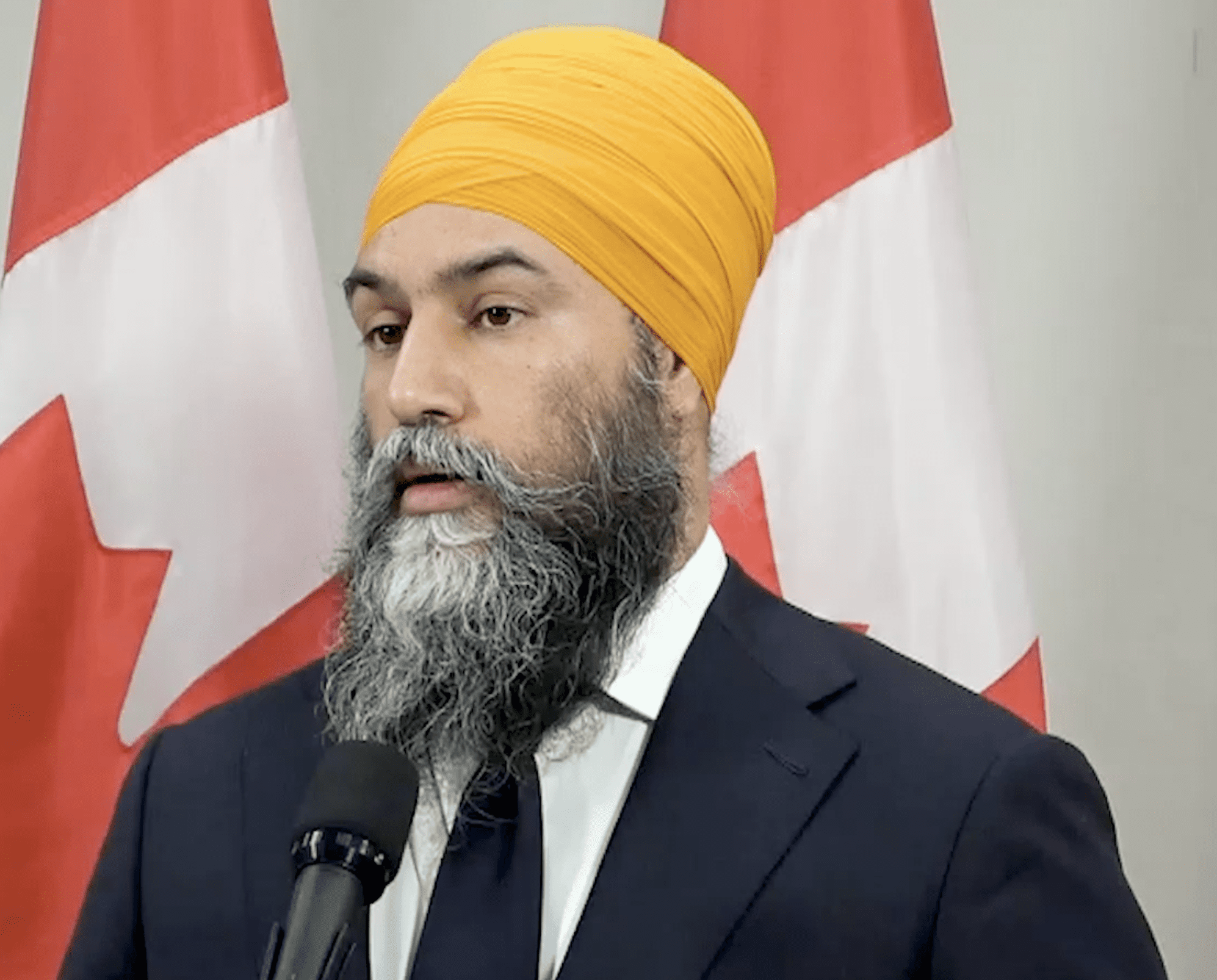
This content is restricted to subscribers
The views, opinions and positions expressed by columnists and contributors are the author’s alone. They do not inherently or expressly reflect the views, opinions and/or positions of our publication.
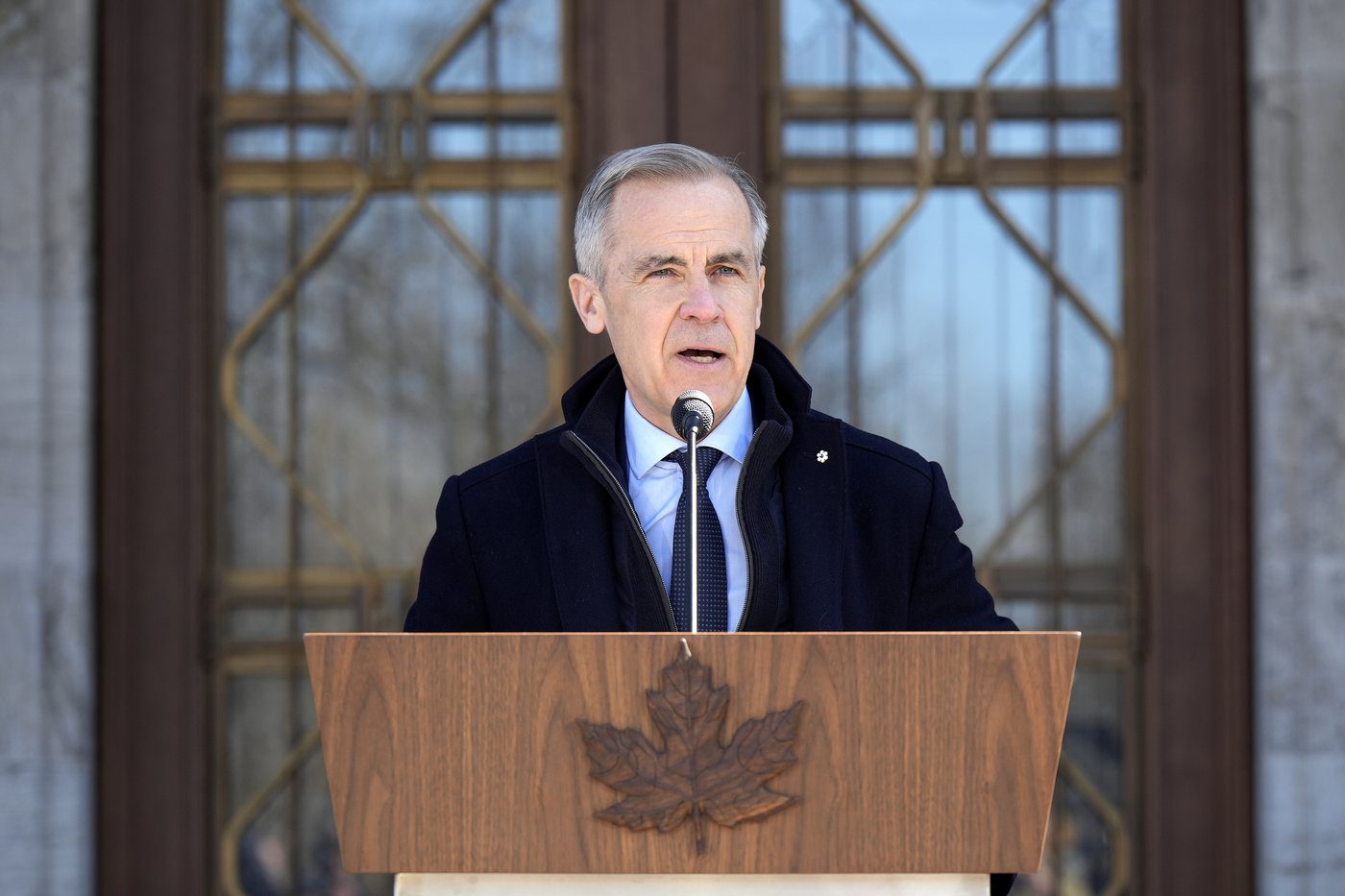
Prime Minister Mark Carney isn’t a Conservative. He has never been a Conservative. He would never be mistaken for a Conservative.
So. Why have some columnists and media commentators attempted to establish a link between Carney, a lifelong Liberal, and Conservatism? That’s easy: if they can help the Liberal PM they prefer or support out-Conservative the Conservatives during the federal election, their ultimate goal will have been achieved.
Carney, an economist and former governor of two central banks (Canada and England), has long been associated with left-wing views such as increased government intervention, wealth redistribution and supporting net-zero emissions.
“Globalisation is associated with low wages, insecure employment, stateless corporations and striking inequalities,” Carney said in December 2016 when he gave the Roscoe Lecture at Liverpool John Moores University. He emphasized “staggering wealth inequalities” as a major concern, and suggested “redistribution and fairness also mean turning back the tide of stateless corporations.” He also said during a January 2021 interview with the United Nations that “climate change is an existential threat.” In his view, “we all recognize that, and there’s increasing urgency around it.”
A similar (albeit softer) theme could be identified during his campaign for the Liberal leadership. While the media largely focused on Carney’s rejection of now-former Prime Minister Justin Trudeau’s carbon tax and capital gains tax increase, they disregarded or ignored his many proposals involving high levels of spending and massive government intrusion. He proposed running a deficit “to invest and grow” the local economy, for instance. He also wanted to penalize “high-polluting foreign imports,” double the amount of new housing construction over a decade and supported retaliatory tariffs against the U.S. and President Donald Trump.
Since becoming PM on March 14, Carney has attempted to shed much of his left-wing image. He removed Trudeau’s hated federal carbon tax on his first day as PM, wants to build national trade corridors in Canada and has called for a middle class tax cut, among other things.
This led a reporter to ask Carney the following question after his meeting in Ottawa with Canada’s premiers on March 21. “In one week, you promised to cancel the increase on capital gains. You opened the door to the pipeline project, and you also promised to cancel the GST on the purchase of a first home. My question is simple: why didn’t you run for the Conservative Party?” Carney laughed at the remark, and carried on.
Which brings us to this brief exchange on X. Marc Lévesque, a former chief economist at the Public Sector Pension Investment Board and chief economics strategist at TD Securities, posted this on March 21, “I’m not sure this is a great take for the Conservatives. It essentially suggests that Carney is bringing the PLC back to the centre, which is what many Canadians wish for.” Globe and Mail columnist Andrew Coyne reposted this on March 22 with a few comments of his own, “It also raises the question: why didn’t Carney run for the Conservatives? Why didn’t they recruit him? Why weren’t they able to? Why didn’t they even try?”
The answers to these questions are pretty straightforward. Nevertheless, I decided to respond to Coyne’s post for fun.
Here’s what I wrote on X on March 23, “No, it doesn’t raise any questions. Carney isn’t a Conservative. He’s never been one, either. Agreeing with another party’s views on occasion – or, in Carney’s case, usurping them from the Conservatives for purely political purposes – doesn’t put you onside. Far from it. Here’s an example. Roy Romanow, a lifelong New Democrat, had moments of fiscal sanity when he was Saskatchewan Premier. More so than most NDPers at that time. Does that mean Romanow was always in the wrong party? Of course not. He’s never seriously considered leaving the NDP, even when then-Prime Minister Jean Chretien tried to recruit him for the Liberals. He’s right where he should be…on the left!”
Imitation is the sincerest form of flattery, as the old saying goes. Carney’s motives aren’t sincere, however. He hasn’t experienced a political epiphany the past couple of months, but has decided to shift gears for political gain. He’s also attempting to ride the current political wave that’s slowly abandoning far-left ideas and radical viewpoints in Canada and around the world.
That’s the reason why Carney is “bringing the PLC back to the centre,” to use Lévesque’s words. He’s not a political pragmatist like some Liberals, but simply an opportunist who is taking advantage of a changing political climate.
As for the reason why the Conservatives didn’t “recruit” Carney, to quote Coyne, it’s because he doesn’t think, speak or understand the true essence of Canadian Conservatism. And why would he? He may have swiped a few right-leaning Conservative ideas, but he’ll always be a left-wing Liberal.
Michael Taube, a longtime newspaper columnist and political commentator, was a speechwriter for former Canadian prime minister Stephen Harper.
The views, opinions and positions expressed by columnists and contributors are the author’s alone. They do not inherently or expressly reflect the views, opinions and/or positions of our publication.
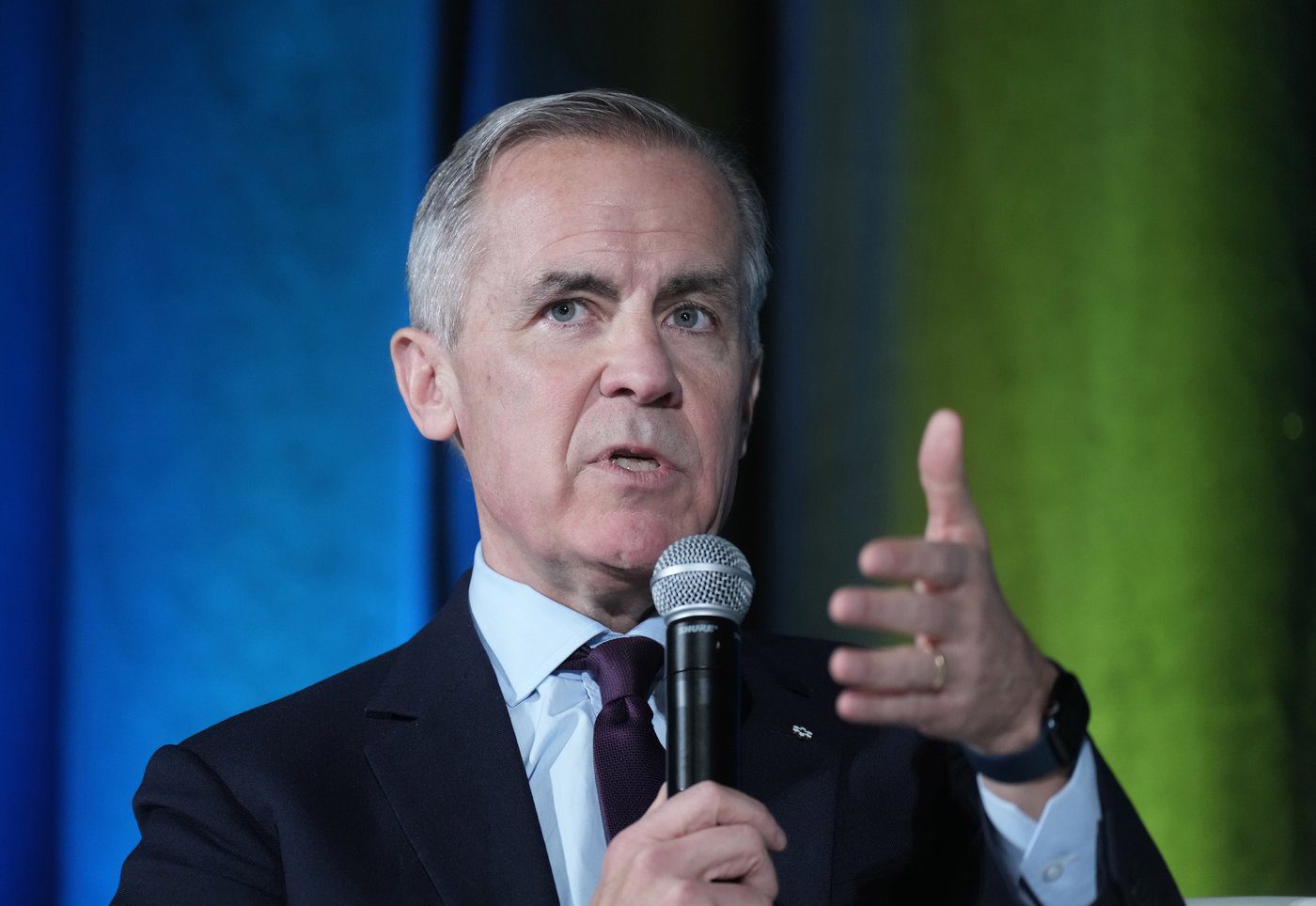
This content is restricted to subscribers
The views, opinions and positions expressed by columnists and contributors are the author’s alone. They do not inherently or expressly reflect the views, opinions and/or positions of our publication.

Become a subscriber today!
Register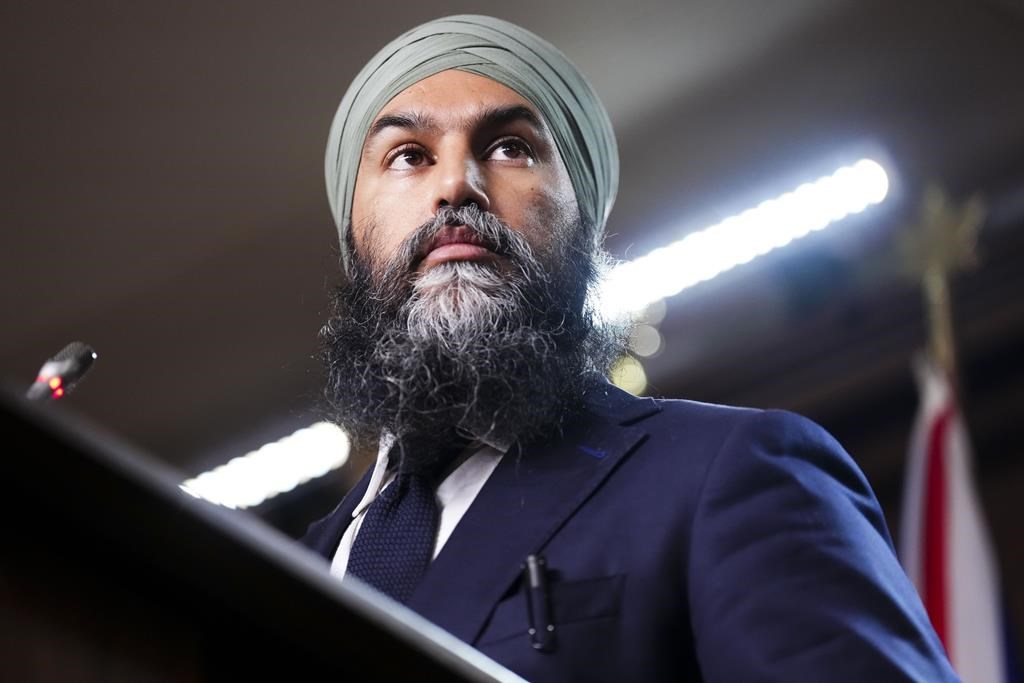
At first glance, Jagmeet Singh’s decision to pull out of the Supply and Confidence agreement with the Liberals is a hard blow for Justin Trudeau. His government finds itself in a position of instability while the Liberal Party is at its lowest in the polls.
The ending of the Liberal-NDP alliance has been part of the conversation ever since the deal was signed in March 2022. This was also emphasized within the NDP ranks: “Leaving the agreement has always been and will always be on the table for Jagmeet Singh,” stated NDP Deputy Leader Alexandre Boulerice a few days ago.
In the fall of 2022, Jagmeet Singh was already threatening to break the agreement if the government did not find solutions to the children’s health care crisis. At last fall’s convention in Hamilton, NDP delegates voted unanimously for a resolution stating that the NDP would withdraw from the agreement if the Liberals did not deliver on pharmacare. Since the signing of the agreement, the Liberals have missed several deadlines that could have allowed the NDP to withdraw its support. Each time, the NDP preferred to buy time, sometimes even by raising the stakes.
So why now?
The measures provided for in the agreement were adopted and implemented, perhaps more slowly than the NDP would have liked. Still it is difficult for the NDP to claim that the Liberal Party stopped delivering on the agreement during the summer months.
Several NDP MPs were unhappy with the Trudeau government’s recent decision to impose binding arbitration to end the rail dispute. The party’s labour critic, Matthew Green, said there would be “difficult discussions” at the caucus retreat. By taking the lead, Jagmeet Singh avoided this umpteenth discussion on the future of the agreement.
A few days prior, Pierre Poilievre challenged Jagmeet Singh on the issue. “Canadians cannot afford another year of Justin Trudeau.” He invited Jagmeet Singh to fire Prime Minister Trudeau, accusing the NDP leader of being a sellout.
It’s hard to believe that Pierre Poilievre convinced the NDP by using such inflammatory rhetoric. In truth, the Conservative Party wanted to remind voters of the close association between the Liberals and the NDP. Orange-blue swing voters, the ABL type, Anybody but Liberals, are particularly numerous in the western provinces.
And many of them will get to vote on September 16, in a by-election in the riding of Elmwood-Transcona in Manitoba, an NDP stronghold targeted by the CPC. The Conservatives have finished second to the NDP ten times in the last 11 elections in this riding. They even won it once in 2011. They would love to take it again.
By distancing themselves from Justin Trudeau, the NDP could have a better chance of keeping the seat. As a bonus, distancing themselves from the Liberals in Lasalle-Émard-Verdun, could help to rally anti-Liberal voters behind their candidate Craig Sauvé, a popular municipal councillor.
Jagmeet Singh hopes that the NDP will take advantage of Justin Trudeau’s unpopularity to establish itself as the alternative to the Conservatives by attracting disappointed Liberal voters who are afraid of Pierre Poilievre. The framing was evident in his press conference in the aftermath of the breakup. Because the Liberals are “weak”, the “election is going to be about an important choice, between the cuts of Pierre Poilievre, and New Democrats who want to build a better future for you.”
In an ideal world, the drop in support for Justin Trudeau’s government in recent years should have benefited the NDP as much as the Conservative Party. However, polls show that at best, the NDP has been capped at under 20% since the signing of the agreement, while the Conservatives are up and the Liberals down.
Without momentum, the NDP was at risk of being swept away by the blue wave that is currently threatening the Liberal Party. A Léger poll, published on August 26, foreshadowed this phenomenon, with the firm showing the NDP down five points (from 20% to 15%) in one month (other, more recent polls are less clear on this point). It may not be directly linked, but clearly, the party no longer wants to pay the political price of supporting Justin Trudeau. Yet, NDP strategists realize that the conditions are not right to bring down the government.
In terms of public policies, the fall of the Trudeau government could jeopardize several of the initiatives brought forward by the NDP, such as dental care, pharmacare and the extension of the Rapid Affordable Housing Initiative. Indeed current polls show that there is a real risk of seeing a Conservative government hostile to these measures take power.
While the NDP emphasizes that the end of the agreement does not automatically send voters to the polls, the fact remains that the door is wide open.
By giving up his exclusivity on the balance of power, Jagmeet Singh is also giving Yves-François Blanchet and the Bloc Québécois the opportunity to take advantage of it. With several files causing tensions between Quebec and Ottawa, the Bloc could use it to extract concessions from the federal government and “make gains for Quebec” in this last year before the election, scheduled for October 2025. A comfortable chair for Yves-François Blanchet, who could prove the Bloc’s usefulness close to the election deadline and yet not worry about going to the polls now.
At any rate, the Liberal government will have to survive on a case-by-case basis. Confidence issues will arise quickly. The Liberals now know that they can no longer trust the NDP. If the Bloc Québécois refuses to dance with the government, the NDP will quickly be confronted with the consequences of its decision: either support the Trudeau government while getting little or nothing in return, or rush the country into an election while Pierre Poilievre has the wind in his sails.
The views, opinions and positions expressed by columnists and contributors are the author’s alone. They do not inherently or expressly reflect the views, opinions and/or positions of our publication.
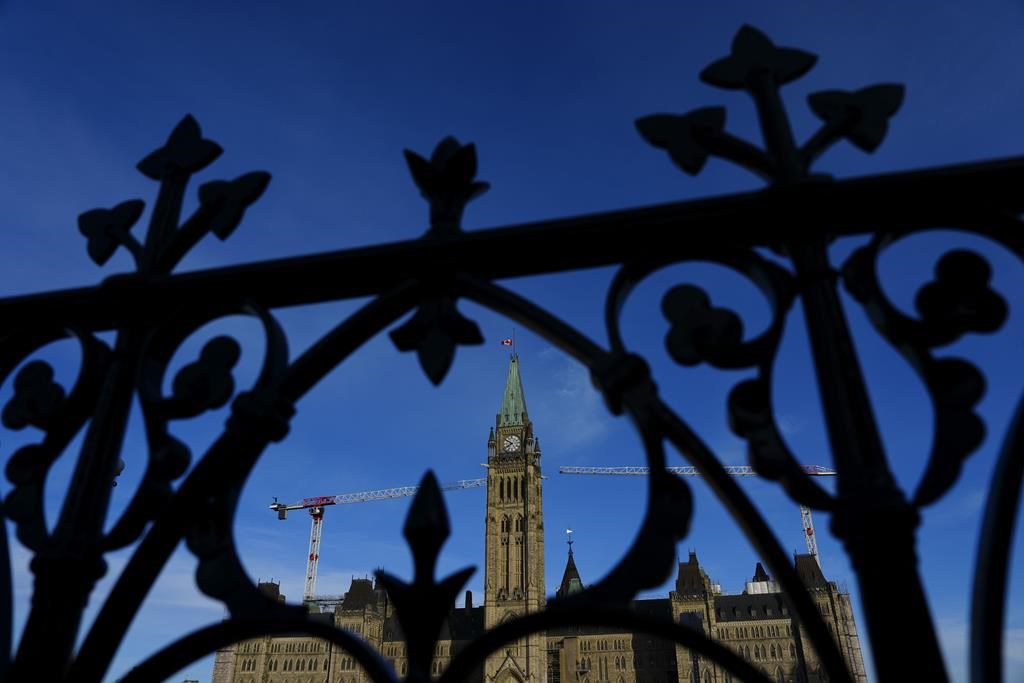
This content is restricted to subscribers
The views, opinions and positions expressed by columnists and contributors are the author’s alone. They do not inherently or expressly reflect the views, opinions and/or positions of our publication.
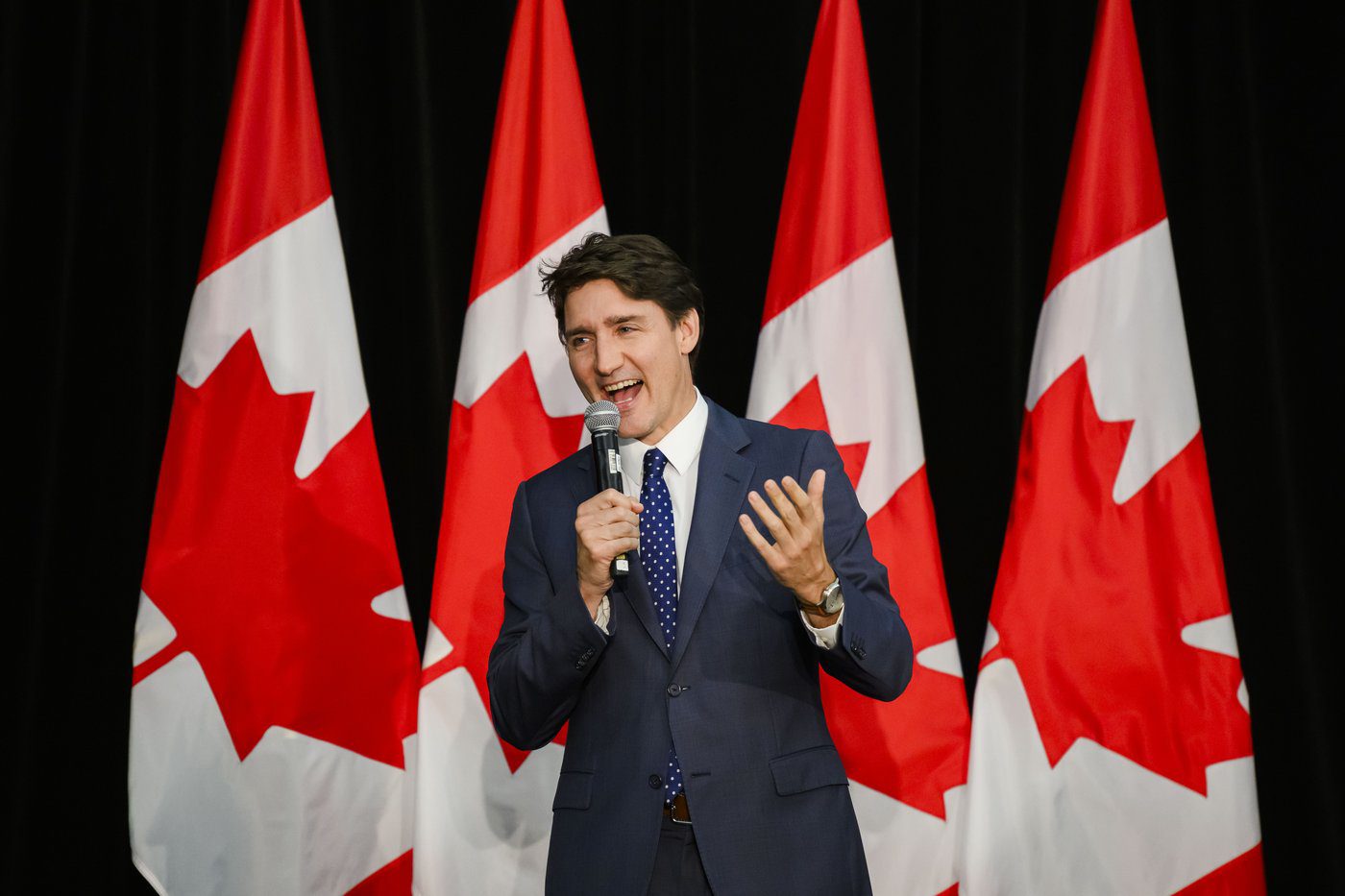
This content is restricted to subscribers
The views, opinions and positions expressed by columnists and contributors are the author’s alone. They do not inherently or expressly reflect the views, opinions and/or positions of our publication.
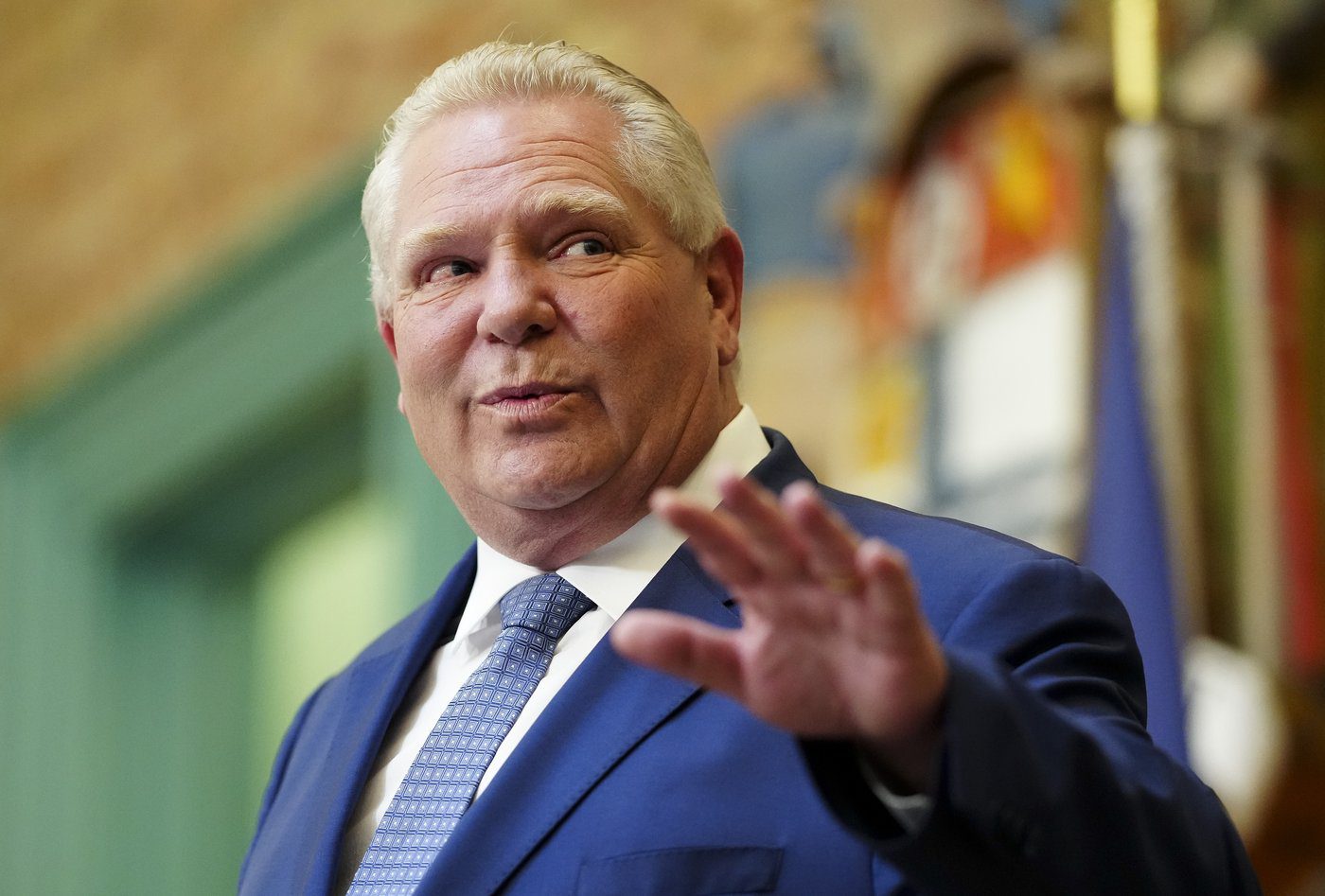
This content is restricted to subscribers
The views, opinions and positions expressed by columnists and contributors are the author’s alone. They do not inherently or expressly reflect the views, opinions and/or positions of our publication.